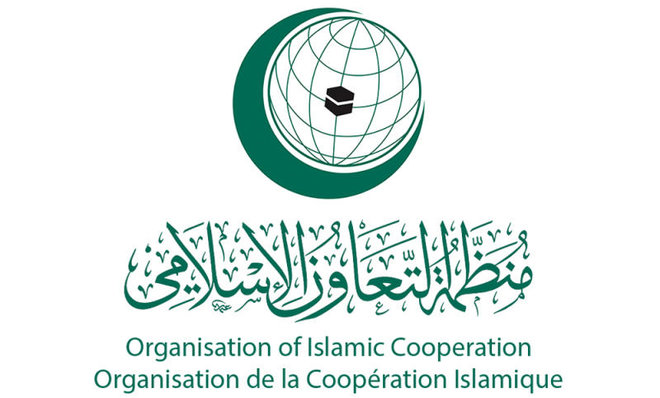The renewed flare-up in Israeli-Palestinian conflict has caused an outrage across Africa but it has also prompted heated debates in different countries in the continent about how to reconcile the gap between their economic and trade goals and their political and cultural realities.
Thousands of protesters have marched across the Middle East and Africa on Tuesday and Wednesday (17-18 October) after hundreds of Palestinian civilians were killed in an explosion at a hospital in Gaza. The African Union (AU) strongly condemned an alleged Israeli airstrike on the hospital on Wednesday, while Djibouti has called it genocide against Palestinian people. “Targeting a hospital, considered a safe haven under International Humanitarian Law, is a war crime. The international community must act now,” AU Chairperson Moussa Faki Mahamat said in a statement. Also South Africa condemned Israel’s bombing of Gaza, saying that targeting civilians in armed conflicts violates international humanitarian laws, Geneva Conventions.
But while many African countries have long held deep rooted ties with Palestine and its struggles, in recent years Israel has managed to sway opinions in parts of the continent by using its economic and technological clout. With African economies now facing heavy toll of the Israel-Hamas conflict in Gaza, some governments may be worried that they can ill afford another global shock to add to Covid-19, climatic stresses and Russia’s invasion of Ukraine, all of which have seen import costs rise amid food shortages. A case in point is the AU that has struggled to balance the equation on the Israeli-Palestine conflict. Policy-makers in East Asia are closely watching the developments in the Middle East owing to the region’s bilateral relations with both the Western and Arab countries. Regional economists have expressed fears over the possible impact of the conflict on the East African nations. According to Samuel Nyandemo from the University of Nairobi’s School of Economics, besides an imminent increase in production costs, from higher prices, African countries are likely to feel friction from their geopolitical alliances around supporting Israel.



